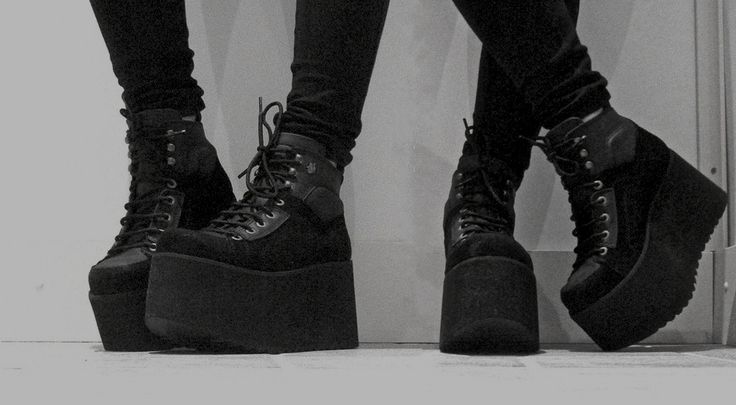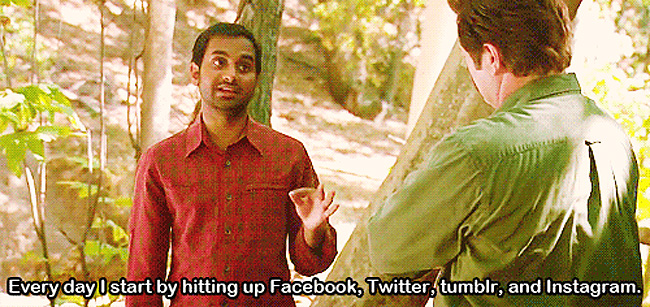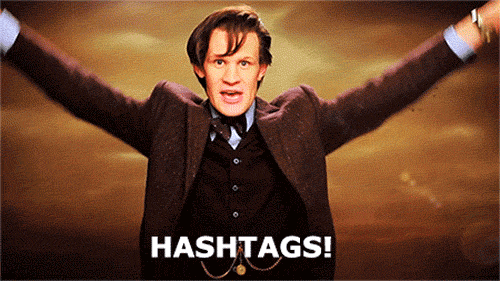Build Your Platform For Yourself, Not An Individual Book: A Quick Note on Platform Building

Get it because platform? Photo via Pinterest
Lately, I've been getting a lot of queries through the ol' P.S. Literary inbox from authors who have, for one reason or another, built out entire websites and social media presences for their books.
Books that aren't out yet.
I see the same thing, again and again. Sometimes it's a fully fleshed out website dedicated to a book, complete with an about section, synopsis, detailed bits about the characters and the like. Other times, the author is using a Twitter handle, named after the book, with a link to the book's website in the bio. Or maybe even a Facebook fan page, for the book, with periodic updates about that book, and almost always, there are like, a dozen fans.
Please. You must stop this.
Not that this is a bad thing that'll turn agents and editors away (though they might think the book is out already, be careful!), but because it's a waste of your valuable time. Time that could be spent building something worthwhile.
Here's what I think the problem is.
I think there's something getting lost out there in the advice that gets dished out on writing and publishing websites. Because let's be real, the platform discussion is one that gets brought up pretty constantly. I mean, all the time. Always. Forever. I hear the same shtick again and again, no matter what conference I go to. Build a homebase. Work on your social media profiles. Build your #brand social-media-buzzword-nonsense-blah-blah-blah.
And while that advice is correct, and you should have an online presence and all that... it should be for you.
Not for your book.
Let me explain. Your online platform, as an author writing fiction or non-fiction, should (and can) do a few things. It should introduce the world to you, the writer. It should be a jumping off point for you, in terms of networking and interacting with the community (ie: writing blog posts!). It should help with buy-in, showcasing you as a person that's worth looking into. What are you like? What are you reading?
It should not be just for your book.
Here's the thing, after your book is published... there is a window of time that it gets marketed and pushed. And eventually, after that window between building buzz and post-publication, the push slowly stops. Unless you become a monumental bestseller, reviews are going to slow down. People will stop tweeting about it. And eventually, you'll move on to your next book.
Your next book.
That's the thing, you guys.
If you spend all this time building up a platform for an individual book, you are putting all your effort into something that, in the end, won't get utilized anymore. If you're constructing an entire Twitter persona off the title of your book... what happens when you're working on that next book? Do you make a new Twitter handle? Do you change your current handle, and consequently, complicate your links across the Internet because now none of them will work, and point to something outdated? What about that Facebook fan page for your book? What of that? Will your audience navigate over to the new fanpage? How many?
If you use your time creating a platform for an individual title, instead of working on yourself... you run the risk of having something totally useless down the line.
Look. I want you to think about the reason you create a community.
You do it because one doesn't exist, right? That's why you bother to build a community online. Because you see a need for it someplace. So... is there an absolute need for the website and social media presence for your individual, singular book?
No.
The communities exist out there for it already.
From bloggers to the mass media, BookTubers to well-established community reading platforms like Goodreads, LibraryThing, etc... these exist to be, in some way, the platforms for your book. People have built them, and they are incredible (especially book bloggers, I love you guys). Down the line, when you're published, your publisher's website will have details about your book, full of resources and valuable materials.
You don't need an individual site for it. The communities exist out there already. There's no need to create one.
When you're published, and maybe have a series? Sure. Then talk about building out a website. There are SO many great microsites out there for book series, that dish out stuff for die-hard fans and work as places to gather information for educators, librarians, etc. And those are generally created when there isn't a place to house that stuff. But, that comes later, you guys. Much later.
You will impress agents and editors far more with a solid online presence that's about you. In addition to your book, they are interested in YOU. Very much so. Remember, you're someone they want to build a career with. Sure, they want to sell your book, but that website isn't going to help.
Your prose will.
So refocus that platform. Create a website that showcases you as an author. If you're looking for absolutely stellar examples of that, here are a number of authors that have spectacular online platforms, who I bring up in just about every talk I give at conferences.
- Chuck Wendig (www.terribleminds.com)
- Dahlia Adler (dailydahlia.wordpress.com)
- Katherine Locke (www.katherinelockebooks.com)
- Susan Dennard (www.susandennard.com)
- Nova Ren Suma (www.distraction99.com)
- Anna Banks (annabanksbooks.com/blog/)
- Mindy McGinnis (writerwriterpantsonfire.blogspot.com)
Check them out, and learn a few things. Good luck, and remember... focus on YOU. Other people on the Internet will take care of your book's platform for you. I promise.
 This semester, I had a great time teaching my first graduate-level publishing class at Rosemont College. It was a real thrill, spending so much time with students eager to get into the industry, and exploring different ways to venture in. Some were aspiring editors, others wanted to get into publicity. The class? A marketing course.
This semester, I had a great time teaching my first graduate-level publishing class at Rosemont College. It was a real thrill, spending so much time with students eager to get into the industry, and exploring different ways to venture in. Some were aspiring editors, others wanted to get into publicity. The class? A marketing course.


